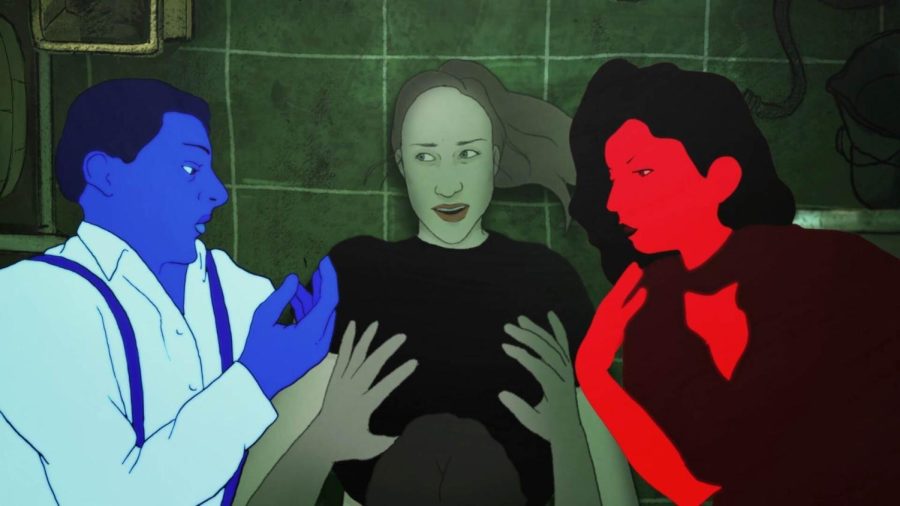UT alum receives first Academy Award nomination for animated short film
February 16, 2023
UT alumna Pamela Ribon landed her first Academy Award nomination on Jan. 24 with the animated short film “My Year of Dicks.” Created and written by Ribon, the film follows a teenage girl living in suburban Houston during the 1990s on a mission to lose her virginity, but learns more along the way.
Ribon, who previously wrote for “Moana” and “Ralph Breaks the Internet,” said she chose to create an animated film to teach people lessons she found to be missing from the content she watched growing up.
“I certainly didn’t have anything growing up to talk about consent, autonomy or the freedom that you’re supposed to have in your youth to find out how you want to be loved and who you are,” Ribon said.
The plot of the short film is based on Ribon’s own memoir and explores how she dealt with bad sexual experiences throughout her youth.
Sara Gunnarsdóttir, the first Icelandic female director to be nominated for an Oscar, said she was drawn to work on the film because she found the story to be relatable.
“I think the culture of teenagers and their experience of growing up and that transformation you go through is very universal,” Gunnarsdóttir said.
Ribon said the film has greater meaning following the overturning of Roe v. Wade and the rise of anti-abortion laws.
“When this film is set, it was not a dangerous thing to do with my future, to try and figure out who I wanted to lose my virginity to,” Ribon said. “But if I were 15 in Texas right now with the same goal, it could ruin (my life).”
Ribon made the film alongside friends from the independent comedy and theater scene in Austin.
“That’s how it’s always worked when I was coming up — you grab the ones you love and trust, whose talent you know will only make things a million times better,” Ribon said.
As an alumna, Ribon said she encourages current UT students who have their own sights set on a goal, like being nominated for an Academy Award, to tell their stories.
“It takes a while for it to sink in what you specifically bring to the world because you’re the only person who’s lived your life and had your experiences,” Ribon said. “When you become part of the story, we start changing dominant culture.”



